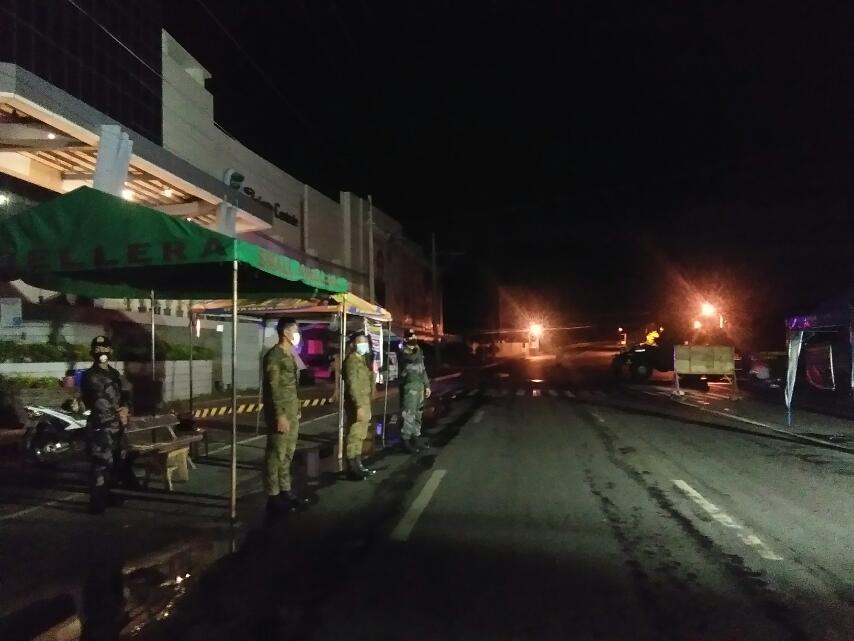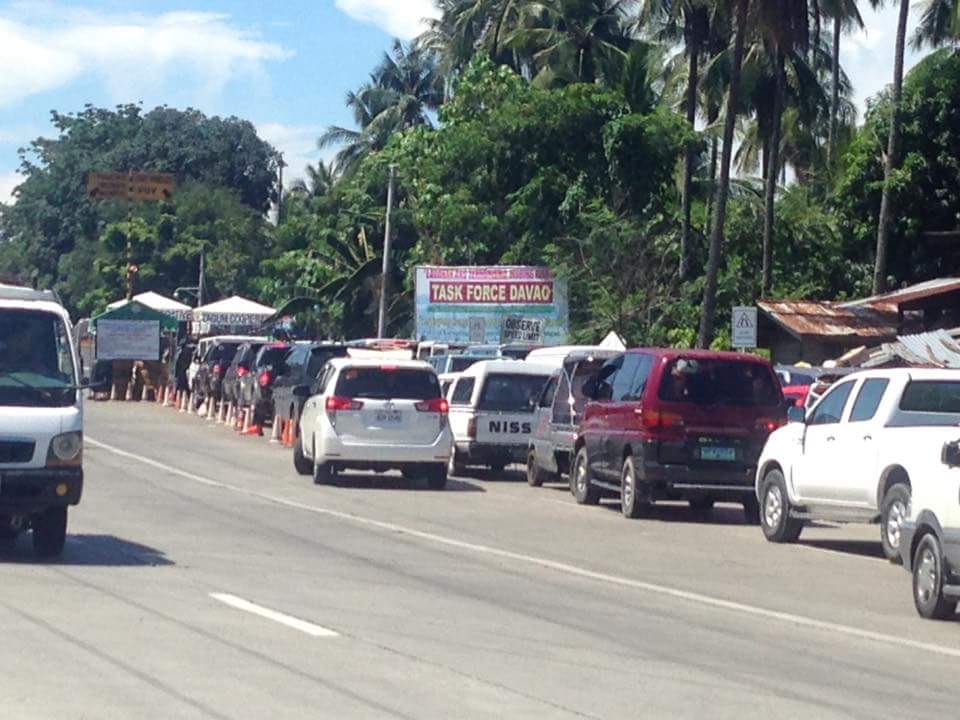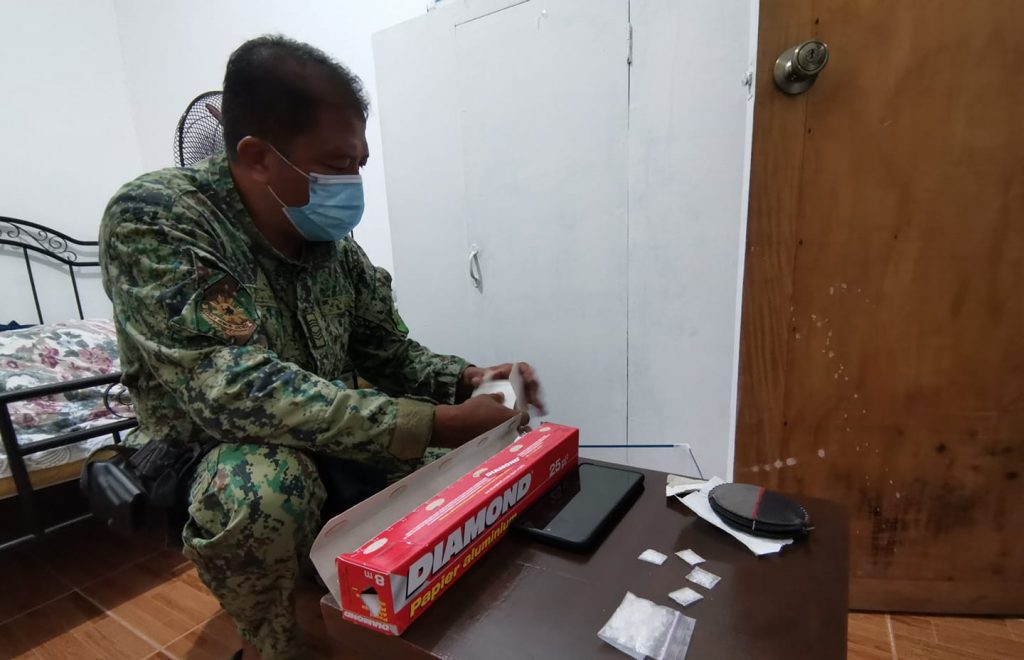Each day, one can see police reports involving suspected illegal drug traders or death among the ranks. This happens in almost all areas in the country, especially Mindanao.
Notwithstanding, stories of anti-illegal drugs operation that continue to hit the headlines in social media posts, from weeds to meth in the region and ecstasy to valium in the urban centers while cocaine continue to arrive in different ports of shores.
During the last four years, President Rodrigo Duterte never ceased to warn every Filipino and every resident of the republic to stay away from drugs, saying they either die by the bullet or die of its complication, but his words seem to fall on deaf ears.
Drugs court everywhere is filled with cases relative of illegal drug use and illegal drugs trade, this is over and above the arrest happening every day, or worse, the death toll for every suspect whom authorities said were neutralized because “Nanlaban” or resisting arrest.
Since the Coronavirus pandemic hit the world, people’s movements were limited but not the illegal drugs trade.
In many instances, police and soldiers (either active or retired) were arrested, government employees and officials, elected officials or politicians or their children are involved, that is if we look at the high-value target.
When we look at the street users, you can see the reports, even an ordinary carpenter or a laborer is now selling drugs to their ‘parokyanos’.
Such condition would put one to ask, aren’t they afraid? Or is it the only way to survive?
Illegal drug trade in the region is never affected by the coronavirus pandemic, in fact, they took advantage of the situation to continue their illegal activities, said Philippine Drug Enforcement Agency (PDEA) Director Antonio Rivera.
Rivera, a retired police officer told Newsline “The illegal drugs dealer sees the opportunity to sneak out drugs because police operatives are busy in implementing health protocols, guarding houses, streets and villages which have been lockdown due to Covid-19 cases.
The illegal drug trade in the region is never affected by the coronavirus pandemic, in fact, they took advantage of the situation to continue their illegal activities, he added.
Truth to that is the arrest of Keenmark Bocado, 26, resident of R. Castillo St., Agdao, this city, who was in possession of P960,000 worth of ‘shabu’ for distribution.
The PDEA director in an interview with Newsline revealed, “Truth is they used the coronavirus situation to expand their business because the police and other law enforcement agencies helped in the implementation of the lockdown. On our part, we loosen the operation because our detention facility was full, and the last week they were able to move because the focus was not on their operations”.
Rivera said the restrained movement of people did not deter illegal drugs dealer to continue their trade because they had supplies on their hands prior to the lockdown, and, while the authorities were busy with Covid-19 monitoring, they got the chance to move around their consumers mostly with Davao area.
In the case of Bocado, Rivera emphasized, his arrest was a product of surveillance and constant monitoring “When he gets the chance to connect with him, our asset was able to establish contact with him, which resulted to his arrest”.
On June 20 at about 2:30 in the afternoon, PDEA arrested Bocado in a buy-bust operation along Mac Arthur Highway in Matina, just when he handed 25grams of meth to an asset who pretended as a buyer. Also taken from his possession were seven sachets which weigh 39 grams, Rivera revealed.
The PDEA suspected that Bocado got one kilo of meth but was able to distribute part of it before the buy-bust was held.
Last March, during the Enhanced Community Quarantine (ECQ) the PDEA arrested another suspect with more than P300,000 worth of Shabu. “The supply is from Lanao del Sur and some areas of the Bangsamoro Autonomous Region in Muslim Mindanao (BARMM),” he revealed.
“The market for illegal drugs is still alive, though major markets have been crippled,” he added.

Other Cities in Mindanao
In Ozamiz City, illegal drugs are almost zero says Misamis Occidental Second District Congressman Henry S. Oaminal.
The Congressman, who is the father of Ozamiz City Mayor Sancho Fernando Oaminal said, “the illegal drugs trade has tremendously curved,” he attributed the waning drugs trade in his district to the intensified campaign by the local government.
Ozamiz was once dubbed as the ‘shabu capital’ of the province, but after the 2017 death of Reynaldo Parojinog and his cohorts in the hands of the police and other law enforcement agencies during the dawn raid which killed the Mayor and 13 others and the imprisonment of Vice Mayor Nova Parojinog, the city’s drug trade as slowed down.
“I cannot specifically tell the figure as to what percent, but I can say—people here have learned their lessons and local government units in my district have strengthened their ranks in the fight against illegal drugs.
While in Marawi City, Major Majul Gandamra said they cannot and will never lower their guards against illegal drugs, “The fight against illegal drugs is ongoing and even stronger now, because some drug peddlers pass through our boundaries and sometimes enter our city for their illegal activities, a reason why we strengthen our campaign. I will not allow the illegal drug trade to flourish in my city”.
In Davao del Norte, Governor Edwin I. Jubahib has also tightened measures against the illegal drug trade “We are always up in the fight against illegal drugs. We need to protect our people, it is a no-nonsense fight here”.
Jubahib said part of his major platform is the fight against illegal drugs “And the messages are echoed down to the lowest unit of the barangays”.

Guarding the Borders
In guarding the borders of Davao City, Davao del Norte, Davao del Sur, and Bukidnon, the presence of task Force Davao have played a vital role, not only in the anti-terrorism drive but also in the fight against illegal drugs.
From April 2019 to December 3, 2020. The record of TF-Davao shows they apprehended 128 individuals trying to sneak 919.62 grams of ‘shabu’ with an assessed market value of P14,614,262.00.
“We can win the anti-illegal drugs war without bloodshed, patience, discipline, and professionalism is our guiding principle,” Yecla stressed, as they are guarding five (5) checkpoints 24/7.
“These were accomplished with zero fatality and zero human rights violations,” Yecla stressed “We can win the war on drugs without bloodshed in checkpoints.”
The Task Force, according to Yecla arrested 62 persons carrying shabu while 15 others were carrying marijuana.
Asked how will they attribute their success in the war against drugs, he said “It is difficult to assess the level of contribution of TF Davao as to the reduction of drugs that entered Davao since we don’t have access to intelligence data on drugs”.
But he emphasized, “We are doing the extra mile in Anti-Illegal drug operations to make our presence felt by the people and to make us more relevant to Davaoeños”.
The dealers
Looking at the profiles of persons who were caught and have died in the anti-illegal drugs war, one can notice that most are from the lower economic bracket the C-D and E, who are into street selling while those from gated subdivisions are apprehended in special operations of buy-bust.
Rivera attributed the increase among illegal drugs peddler to the economic crunch “yong iba nawalan nang trabaho, they joined the illegal drugs trade to survive, which is a wrong trade”.
“They need money to survive that is why they resort to illegal drugs,” he added.

Collaboration
Rivera lauded the efforts of Task Force Davao for successfully preventing the entry of illegal drugs in the city, “We should recognize and praise the effort of Task Force Davao, they are hitting hard, they intercept illegal drugs supplied right at the doorstep,” Rivera explained.
Based on the record, the TF Davao was able to apprehend a huge amount of illegal drugs either from the provinces of Maguindanao, Lanao del Sur, or Cotabato City.
Aside from PDEA and Task Force Davao, there is now a collaboration among anti-illegal drugs network for a concerted effort to stop the trade.
With or without the pandemic, with or without the anti-drugs campaign, every family must be keen to observe the members of the household keep them away from drugs. There is more time to talk among family members. And, no amount of lockdown can break that strong fiber of a family, especially if the issues involve security and safety. Newsline.ph
